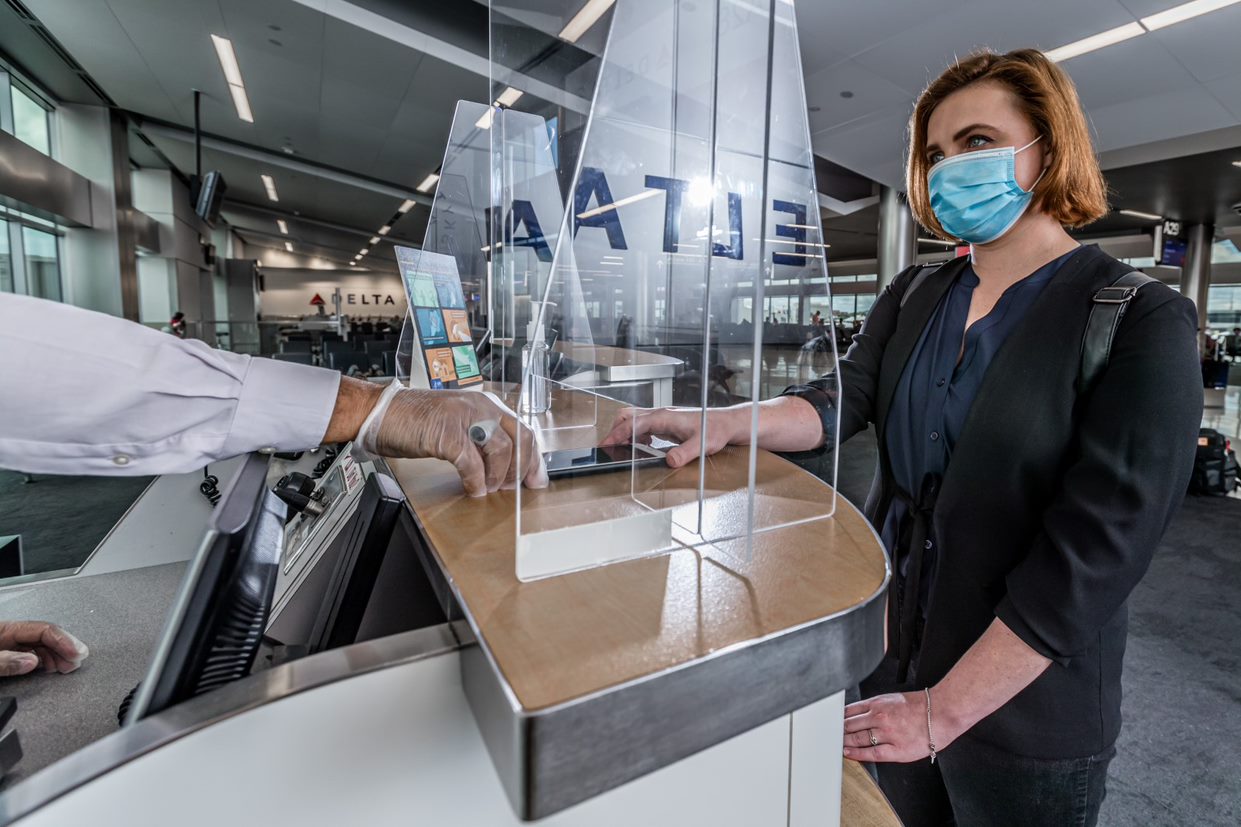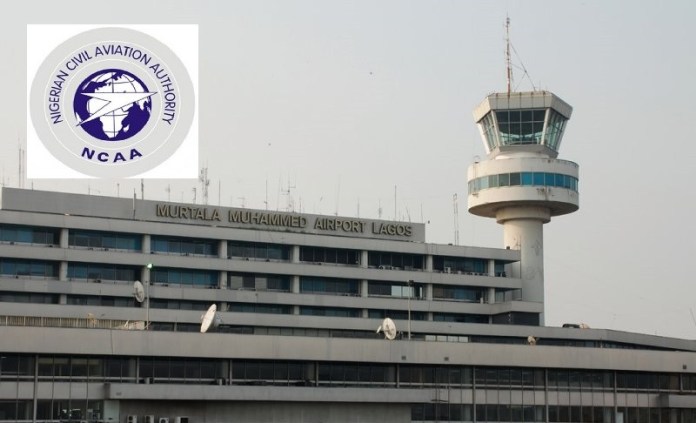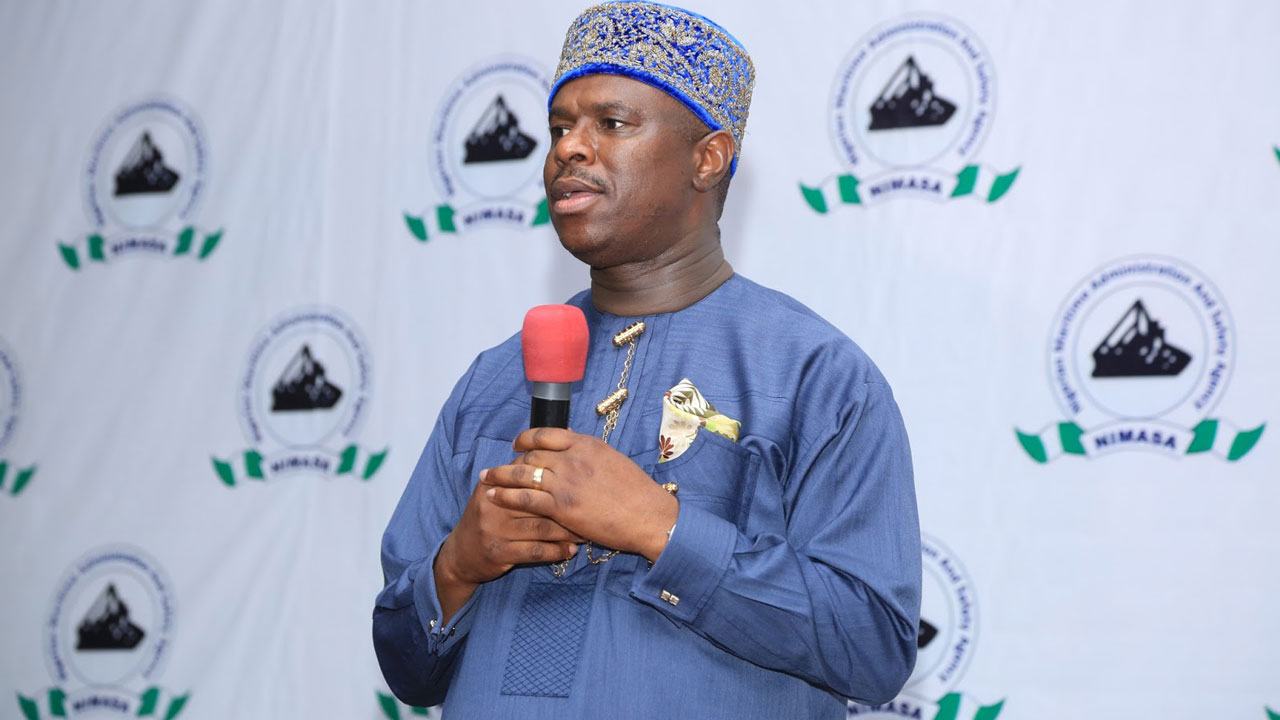Two external factors and one home reason have been adduced by international experts as key issues holding back the immediate implementation of President Muhammadu Buhari’s presidential order to evacuate all Nigerians stranded in Libya.
Buhari had earlier last week at AU summit in Abidjan, directed immediate evacuation of all Nigerians stocked in Libyan wishing to hit Europe via the Mediterranean sea, a journey that had been consuming African migrants in the last decades.
Two factors including lack of identification of nationals and stiff opposition by traffickers dealing on ‘Slave trade’ are currently frustrating efforts of other African countries including Nigeria in effecting the return of their citizens.
Back home, there are fears that much of the returnees may be heading back on arrival if they land to notice that there are no credible resettlement scheme for them after all.
Checks at the Ministry of Interior weekend showed that not much had been done in response to the presidential order as the relevant departments are yet to swing into action.
Only last week, a summit of the African Union and European Union set a goal of immediately repatriating 3,800 migrants languishing in a camp near Tripoli.
Hundreds of thousands more — “400,000 to 700,000,” according to AU Commission head Moussa Faki Mahamat — remain stranded.
But experts point to a daunting array of hurdles, from extracting migrants in perilous situations to giving them incentives to stay put when they return home.
Already, the National Emergency Management Agency (NEMA), on Friday said 1,295 nationals who were stranded in Libya while trying to get to Europe had returned home voluntarily in November.
Even so, the summit’s commitment, initiated by outrage over a CNN television report on black Africans being sold as slaves in Libya, is being welcomed.
“It is a step in the right direction,” International Organisation for Migration Europe Director Eugenio Ambrosi told AFP by phone from Brussels.
“It is a little bit too much to think it will solve the slavery issue, but it would definitely mitigate (it) to some extent,” Ambrosi said.
He said the summit also showed there was now “international watchdog pressure” that can be brought to bear on the criminal gangs, but it must be “sustained.”
The drive was announced at a meeting on the summit sidelines organised by French President, Emmanuel Macron.
It brought together eight other EU and African countries as well as the AU, EU and UN representatives.
Macron said the UN-backed Libyan government of Prime Minister Fayez al-Sarraj had identified and granted access to the worst camps to enable the returns of people who want to go home.
The Macron group also decided to work with a task force, involving the sharing of police and intelligence services, to “dismantle the networks and their financing and detain traffickers,” he said.
They pledged to freeze the assets of identified traffickers. The AU will set up an investigative panel and the UN could take cases before the International Court of Justice.









